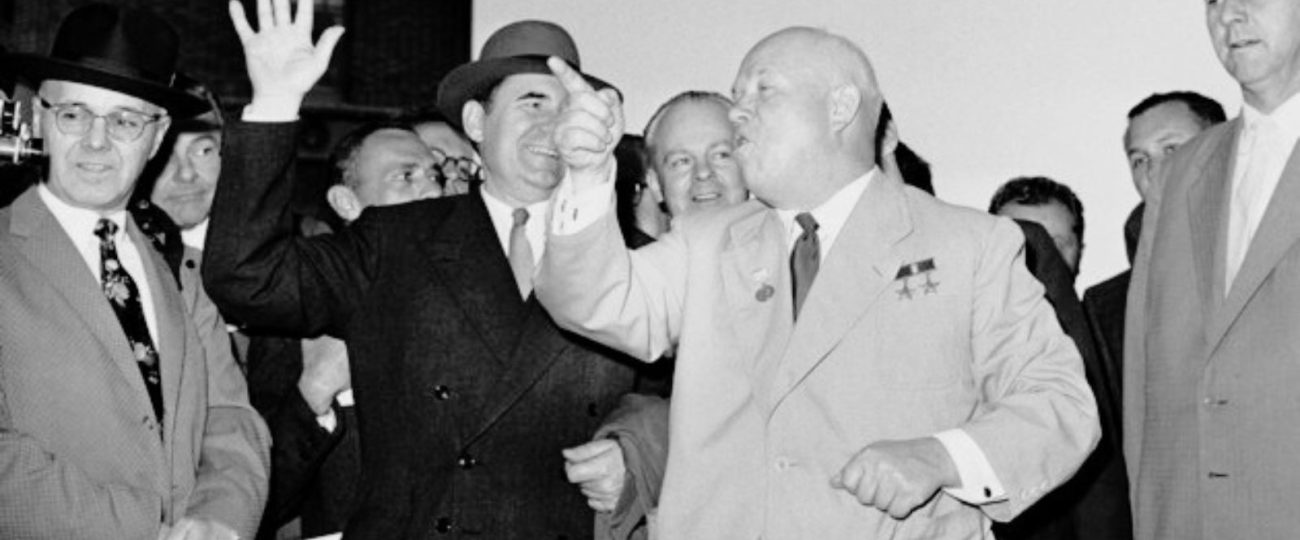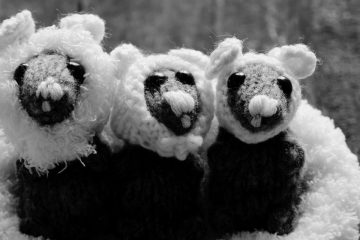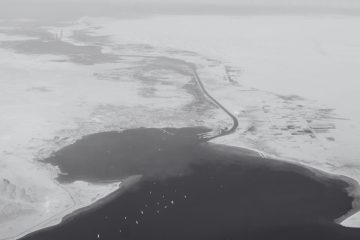What Happened On September 19th?
On September 19, 1959, Soviet Premier Nikita Khrushchev faced a notable obstacle during his U.S. tour when American officials denied his request to visit Disneyland. Earlier that day, Khrushchev had toured 20th Century Fox Studios in Los Angeles, where he met Hollywood stars such as Shirley MacLaine and Frank Sinatra. He observed film sets and enjoyed a staged cowboy shootout. However, it wasn’t the glamour of Hollywood that Khrushchev most anticipated—it was Disneyland.
After leaving Fox Studios, Khrushchev learned that his planned visit to Disneyland had been canceled. The official reason given was security concerns. U.S. authorities feared that managing the large crowds at the amusement park would make it too difficult to ensure his safety. The protests and public demonstrations that had followed Khrushchev’s arrival in Los Angeles heightened these concerns, and the Secret Service, along with local law enforcement, decided that the risk was too great. Khrushchev’s planned visit to Disneyland ended before it could begin.
Khrushchev did not hide his disappointment. During a luncheon at Fox Studios, he sarcastically asked, “What is it? Do you have rocket launchers there or something?” His words emphasized his frustration—Disneyland had become a global icon of American prosperity and ingenuity, and for Khrushchev, being barred from visiting felt like a slight. He had already toured America’s factories, military sites, and farms, but Disneyland represented a different side of the U.S.—one focused on leisure, entertainment, and consumer culture.
Disneyland, having opened only four years earlier in 1955, had quickly become a symbol of America’s post-war optimism. The park, known for its innovative attractions, showcased what could be achieved through imagination, technology, and private enterprise. Khrushchev, aware of Disneyland’s global reputation, had been eager to see the site that attracted so many visitors from around the world. The decision to prevent him from visiting left him feeling shut out from an important part of the American experience.
U.S. officials, sensing Khrushchev’s irritation, scrambled to offer alternative activities. They proposed a visit to SeaWorld or other local attractions, but Khrushchev wasn’t interested. For him, Disneyland held a unique appeal. It embodied the fun, fantasy, and technological advances that helped define modern American culture. No other destination carried the same significance, and the denial only deepened his disappointment.
Khrushchev’s interest in Disneyland wasn’t merely about entertainment. As the leader of the Soviet Union, he was keenly aware of the ideological competition between the U.S. and the USSR during the Cold War. He had come to America to assess its strengths, not just in terms of military and industrial power, but also its cultural appeal. Disneyland, with its emphasis on fantasy, innovation, and consumer-driven culture, represented the kind of American soft power that Khrushchev wanted to better understand.
There has been speculation that Walt Disney himself might have been involved in the decision to deny Khrushchev entry, given Disney’s strong anti-communist views and his cooperation with the U.S. government during the Red Scare. However, no direct evidence links Disney to this decision. The official reason remained that security concerns had made the visit too risky, especially considering the large, uncontrollable crowds Disneyland attracted.
The denial of the Disneyland visit quickly became a major story in both the U.S. and the Soviet Union. For many Soviet citizens, Disneyland was a distant and mysterious place, representing Western consumer culture at its peak. Khrushchev’s inability to visit the park showcased the growing cultural divide between the U.S. and the USSR. It also stirred curiosity among Soviet citizens about what made this American theme park so captivating and special.
Despite the Disneyland setback, Khrushchev continued his U.S. tour. He visited agricultural sites in Iowa, where he observed American farming techniques, and later attended diplomatic talks with President Dwight Eisenhower at Camp David. Nevertheless, the Disneyland incident remained a sore point for Khrushchev. He made repeated references to the denial, and it became clear that he viewed it as more than just a missed opportunity for leisure. To him, it represented an exclusion from an essential part of the American cultural experience.
By 1959, Disneyland had already gained worldwide recognition. It represented a blend of cutting-edge technology and family-friendly entertainment, drawing visitors from across the globe. Khrushchev’s desire to visit the park was part of his broader mission to understand what made the United States such a powerful global force, not just militarily but culturally as well. Being denied entry to Disneyland highlighted the barriers—both ideological and practical—that remained between the two superpowers.
As his tour continued, the Disneyland incident continued to surface in conversations and media coverage. While Khrushchev experienced America’s industrial and political institutions, his exclusion from Disneyland stood out as a missed opportunity to connect with a more human and cultural side of the country. For Khrushchev, the denial wasn’t merely a matter of logistics—it underscored the broader cultural and ideological divisions of the Cold War era.





